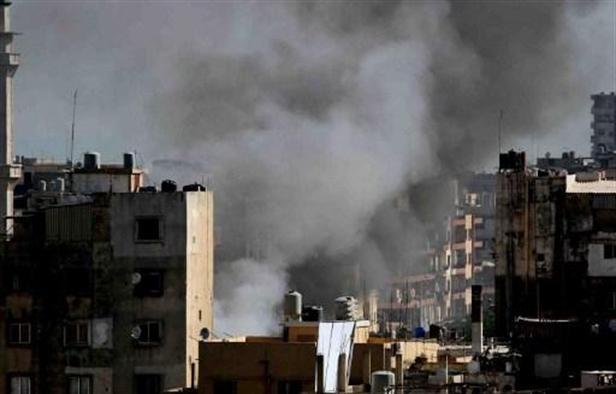
After decades of dormancy, the Levant is rising again. Syria’s war, Lebanon’s seasonal conflicts, and ongoing shifts in Iraq, Egypt and Turkey are restoring the Levant’s characteristic chaos and cosmopolitanism. In turn, instead of continuing to approach the region disjointedly, Washington must resurrect the Levant as an idea.
Beirut, Babylon and beyond: The Levant emerges and expands as a political order The Levant is the Middle East’s battleground—home to ideological, social and geopolitical struggles, which overlap nicely with long-running local disputes. Over the coming decades, this struggle will deepen and expand. Some regimes will crumble or survive as rump factions; others will consolidate their grip. Elements of the old guard will adapt, as elites and counter-elites joust for power. Foreign states will compete for influence (almost as a matter of right). Money, weapons, technology, people and ideas will flow across borders. States will erode in some ways and solidify in others: Their boundaries and formal agreements will matter less, but their norms, elites, groups and institutions will matter more. [Link]



